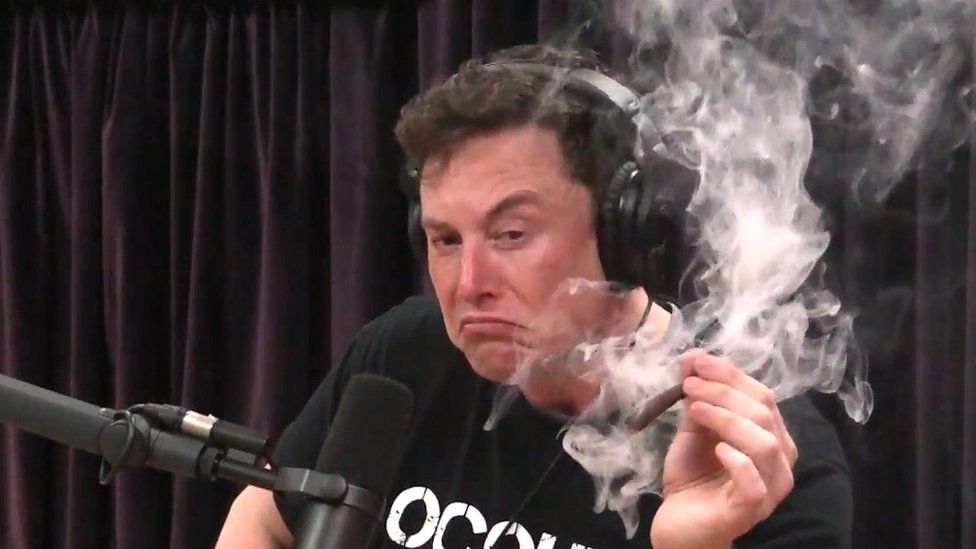Elon strikes again
11/11/21 21:50
Musk would liquidate Tesla shares to 'solve world hunger' if UN can explain how money would be spent
Musk's tweet comes at a time some politicians call on billionaires to start to pay more in taxes
Well the title is a bit misleading. If you read the article he dedicated 6 billion, not all of his Tesla stock. But yeah. At least he's making a point.
So those evil rich people (namely Musk) are putting the elite governments to the test. If they can explain how 6 billion will end (or at least help ease) world hunger and promote all that is holy and good, and if they're prepared to open the books he will cut the check with no issue at all.
It’s a good position for Musk. He’s willing to do it but also called out the hypocrisy being they have had the money before and wants the books to be opened up if he does it. So in a way he’s calling for total transparency with the funds. I kind of like his way of calling their bluff. This also shows the rich are not necessarily THE problem. He’s inspirational in so many ways. Good on him.
He definitely isn't your "average" CEO. I wouldn't call him a "True Progressive" either, mind you, not in the modern day progressive sense of the word. Maybe a Clinton democrat but not an AOC democrat. He is not on board with the democrat taxing policies and has warned cities to not become liberal. Just as an example.
Anyway. 6 billion dollars wouldn't even solve world hunger for a single month... But yeah.

